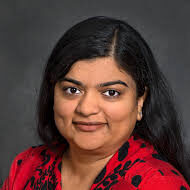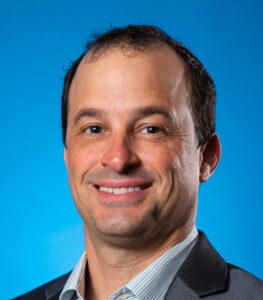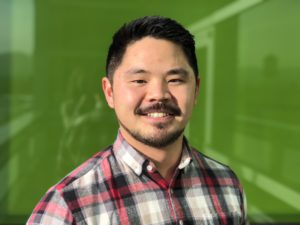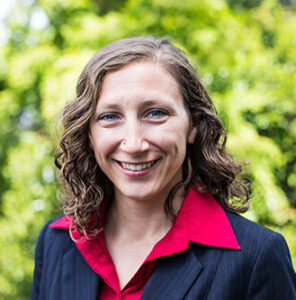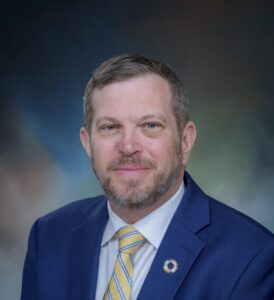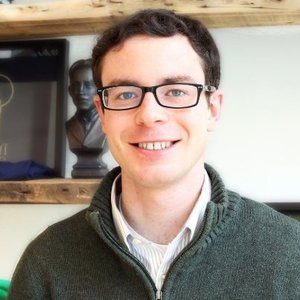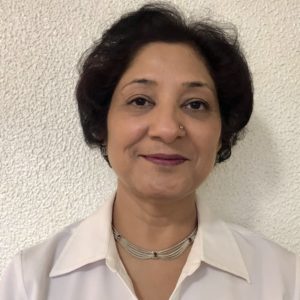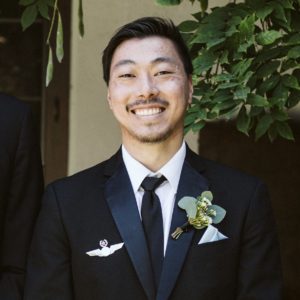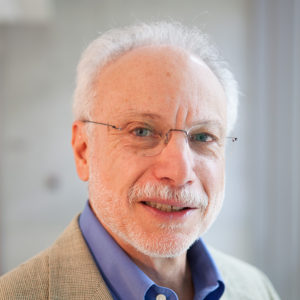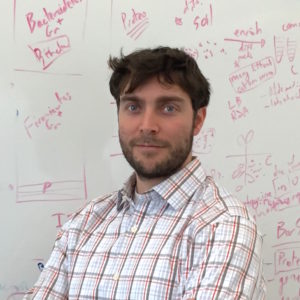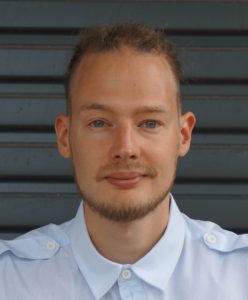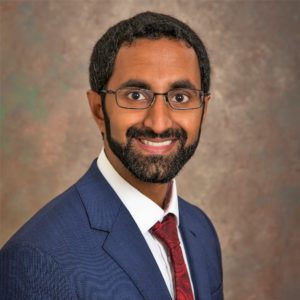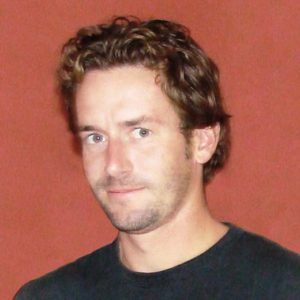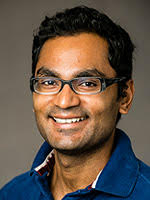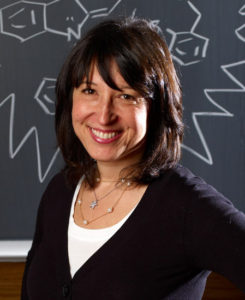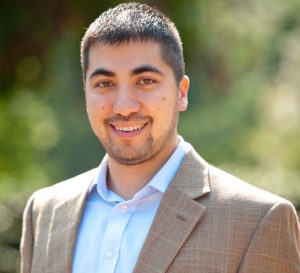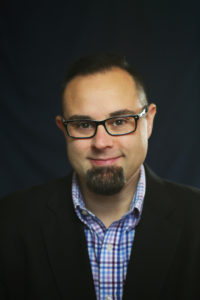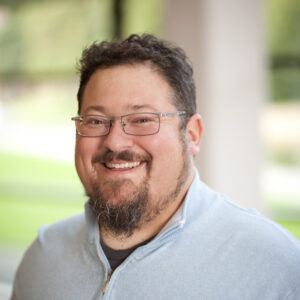Gene Olinger
Dr. Gene Olinger is the Director of the Galveston National Laboratory and a Professor in the Department of Microbiology & Immunology at the University of Texas Medical Branch (UTMB). He also serves as the Sealy Distinguished University Chair in Tropical & Emerging Virology and Co-Director of the Scholarly Concentration in Translational Research (SciTR). For over 20 years, Dr. Olinger has conducted and supervised in vitro and in vivo research in maximum biocontainment laboratories (BSL-2 to BSL-4) across government, industry, and academic institutions. His work has focused on high-consequence pathogens, global health security, and biodefense. Internationally recognized as a subject matter expert in virology, immunology, biorisk, biosecurity, and biosafety, he has played a critical role in outbreak response efforts, coordinating diagnostic, serological, and clinical assays to monitor patients during and after epidemics. Dr. Olinger has extensive experience in the development of medical countermeasures, including prophylactic treatments, vaccines, diagnostics, and therapeutics. In recent years, he has expanded his expertise to synthetic biology, AI/ML as well as innovative workforce development through mixed-reality and blended learning, science policy, and bioeconomy team-building.
